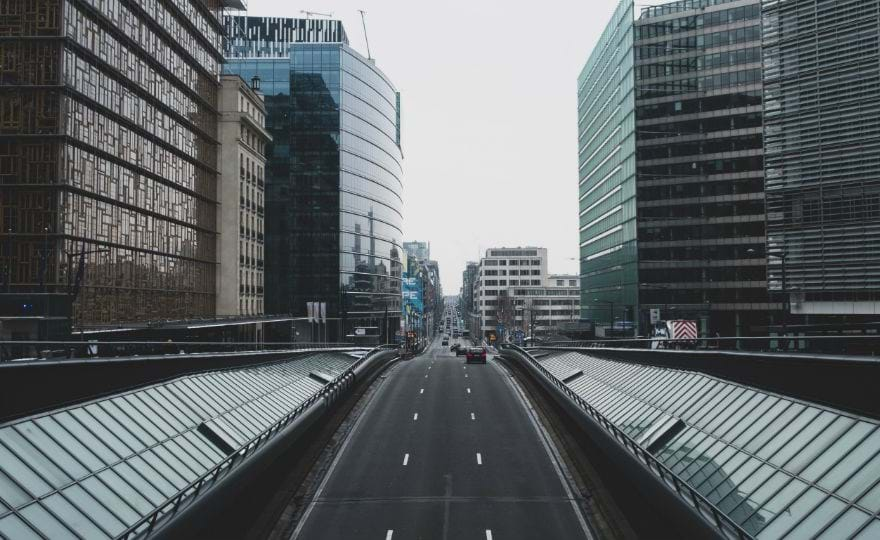ClientEarth Communications
26th June 2019


Europe’s top court has backed Brussels citizens and ClientEarth in our fight for clean air in the Belgian capital with a judgment today.
"We’re very happy with the court’s decision. Brussels citizens have a right to clean air and they can breathe a little bit easier knowing that Europe’s top court has upheld that right today."
The Court of Justice of the European Union (CJEU) was asked by a Brussels judge to look at two aspects of our case, which we have taken with five of the city’s residents, to challenge the Brussels government’s failure to tackle illegal air pollution.
It ruled that citizens have the right to go to court to challenge how authorities are monitoring pollution and that compliance with air pollution limits must be assessed at monitoring stations where people’s exposure to pollution is the greatest, not with an average across an area.
The judgment sets an important precedent for people across the EU as the law is now crystal clear that citizens can challenge how air pollution is measured if they think there is a problem with it.
It also means that the Brussels authorities cannot hide poor air quality in some areas by using a city-wide average. According to an interim ruling from the Brussels court, this means the Brussels authorities must immediately start a work on a new plan to clean up the city’s air.
The head of our clean air team, Ugo Taddei, said: “We’re very happy with the court’s decision. Brussels citizens have a right to clean air and they can breathe a little bit easier knowing that Europe’s top court has upheld that right today.
“The Brussels authorities must now adopt an air quality plan which meets legal standards and monitor the air quality in a way that gives an accurate picture of the levels of air pollution in the city."
One of the claimants in the case, Lies Craeynest said: “We are delighted that the Court of Justice confirmed today what we have known for a long time: we are entitled to take our government to court to ensure they monitor air quality accurately and provide us with accurate information.
“The Brussels government must now act to protect the people living and working in its city from breathing harmful air.”
Karin DeSchepper, another claimant, added: “The ruling today sends a clear message not just to the incoming Brussels government, but to all authorities in Belgium, that if they do not make clean air for all a priority, then they will face the legal consequences.
“The alternatives are known and feasible so there can be no more excuses. We now need to see concrete action so that we all can breathe the clean air we deserve.”
We brought a case against the Brussels regional government in 2016 for failure to deal with illegal and harmful levels of air pollution in the city.
The judge found that the authority’s current plans to clean it up are inadequate, but requested further guidance from the Court of Justice of the European Union (CJEU) before making a final decision. The case will now return to the Court of First instance in Brussels for a final judgment.
At the end of last year, the Commission sent a 'letter of formal notice' to Belgium for its continuous failure to address illegal levels of air pollution and to properly monitor air quality. Belgium had two months to comply or the COM would send an additional letter of formal notice.
So, Brussels Energy and Environment Minister Céline Fremault, announced that the government would install an additional monitoring station every year until 2026. Any outdated stations would be upgraded or replaced. However, there has been no subsequent information on where the new monitoring stations will be.